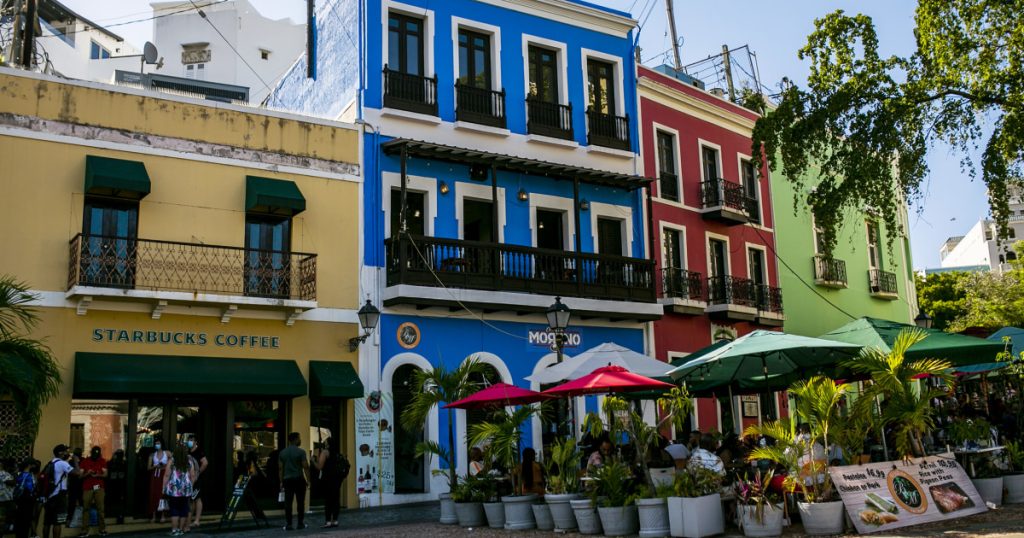A new study published in a report on Thursday highlighted the financial challenges faced by people in Puerto Rico following the economic turmoil experienced since the Great Recession. Despite reporting relatively low levels of debt, many adults in the U.S. territory struggle to make ends meet. Particularly affected are younger individuals, those with lower household incomes, and those without a four-year college degree. The study, co-authored by Harold J. Toro from the Center for a New Economy and Olivia Valdés from the Financial Industry Regulatory Authority’s Investor Education Foundation, revealed that wealth building and financial planning are sparse in Puerto Rico, with few adults having emergency savings or investment accounts.
Key findings from the report showed that around half of Puerto Rican adults surveyed (47%) reported being financially fragile, lacking confidence in their ability to handle an unexpected expense of $2,000. This rate was higher than in the mainland U.S., indicating a greater level of financial insecurity among Puerto Ricans. Factors such as age, gender, income, and education level influenced the likelihood of experiencing financial challenges and drops in income. Many struggle to manage their daily expenses, with 39% of Puerto Ricans surveyed spending more than their monthly income, compared to 19% in the mainland U.S. Financial fragility rates were lower for those who expected or received intergenerational wealth transfers of at least $10,000.
Despite having fewer debts compared to the U.S. mainland, Puerto Ricans also had less in savings and retirement accounts. Only 12% reported having student debt, lower than the 23% of adults in the mainland. Additionally, a smaller percentage of Puerto Ricans had unpaid medical bills or debt. However, only 41% had emergency savings, compared to 53% in the mainland, and 35% owned retirement accounts, significantly lower than the 57% ownership rate in the mainland. The study found that these financial challenges were consistent with the limited job opportunities, stagnant wages, and income disparities that have persisted in Puerto Rico since the Great Recession.
The economic difficulties in Puerto Rico began during the Great Recession and were exacerbated by the territory’s subsequent financial crisis. In 2014, Puerto Rico’s general obligation bonds were downgraded to noninvestment status, leading to a default on debt payments the following year after accumulating over $120 billion in public debt. A federally imposed oversight board managed the largest public debt restructuring in U.S. history, resulting in austerity measures that included layoffs of public workers and cuts to healthcare and education budgets. This economic turmoil was further compounded by natural disasters like Hurricane Maria in 2017, a series of earthquakes in 2020, and the ongoing pandemic, forcing over 700,000 people to migrate to the States over the past 15 years.
The National Financial Capability Study, conducted every three years by the FINRA Investor Education Foundation, surveyed close to 1,000 Puerto Ricans aged 18 and over living on the island in 2021. This marked the first time Puerto Rico was included in the study, providing valuable insight into how economic circumstances impact individual financial behaviors. The study sheds light on the financial challenges faced by Puerto Ricans and underscores the need for greater support and resources to help improve financial stability and wealth-building opportunities in the territory.


